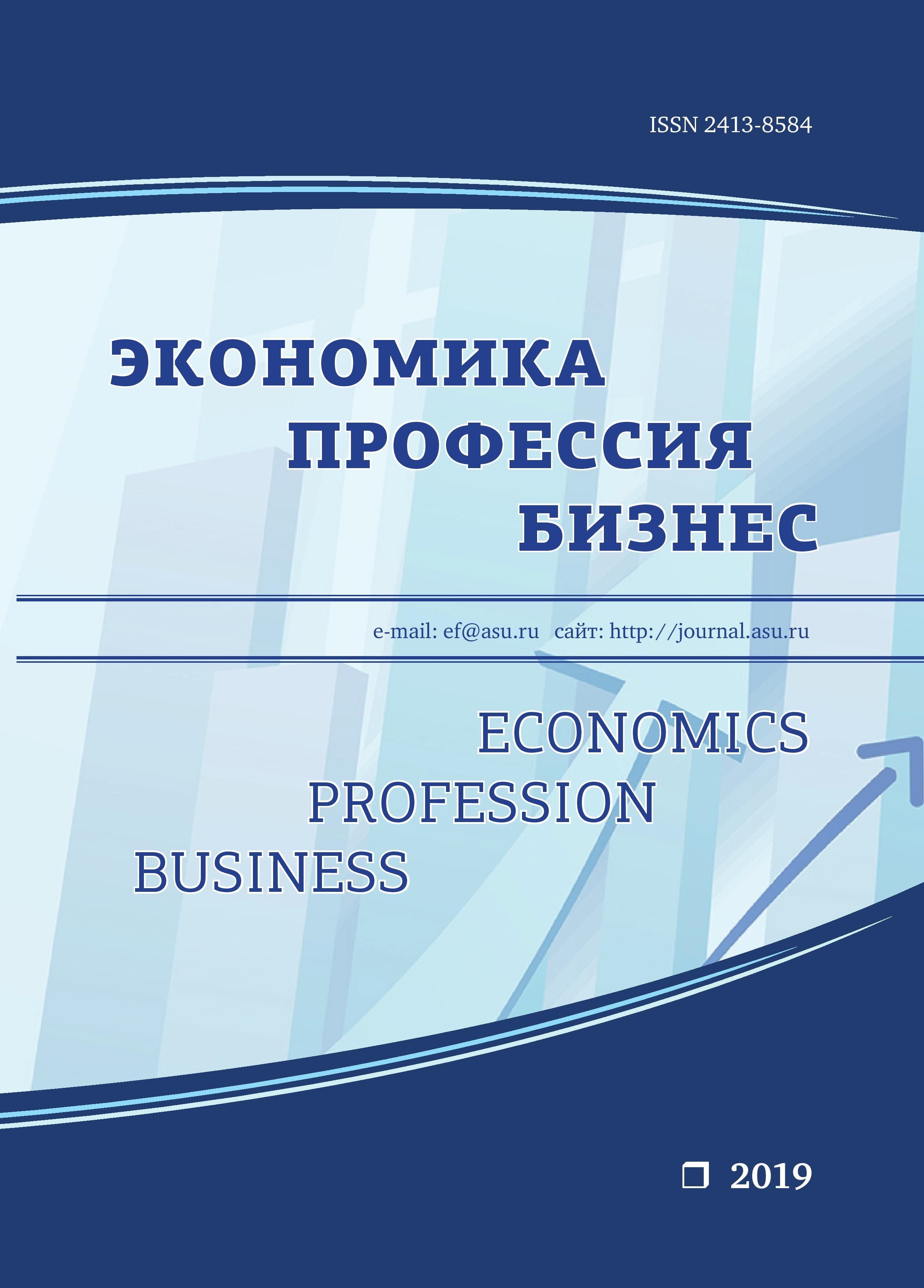CHINA ATTEMPTS TO OVERCOME THE LIMITS OF GROWTH
Abstract
The article analyzes the concept of “the limits to growth”, examines the main reasons for the slowdown in China's economic development in recent years. Special attention is paid to the problems of environmental pollution and lack of resources. Among the problems concerning environmental pollution there are both domestic problems such as air, water and soil pollution, and problems of an international scale. With regard to the problem of lack of resources, special attention is paid to China's dependence on imports of resources, which causes security problems due to the large number of exporting countries. Besides, the article describes the steps that China is taking to move to a new model of economic growth, in terms of institutional reforms, resource management and innovation in the field of green technologies, by taking the path of “green” sustainable development.
Downloads
Metrics
References
Experts: Integrating the green economy into the “Belt and Road”. People Finance. 28.06.2015 (In Chin.) URL: http://finance.people.com.cn/n/2015/0628/c1004-27219932.html (accessed 04.06.2019)
Global Trends in Renewable Energy Investment 2018. Frankfurt School-UNEP Centre/ BNEF. URL: https://europa.eu/capacity4dev/unep/documents/global-trends-renewable-energy-investment-2018 (accessed 04.06.2019)
Green F., Stern N. (2015). China’s “New Normal”: structural change, better growth, and peak emissions. URL: http://www.lse.ac.uk/GranthamInstitute/wp-content/uploads/2015/06/China_new_normal_web.pdf (accessed 04.06.2019)
Hu Wenjuan (2016) China's role in the face of global resource governance. China WTO Tribune, 5, 51-53 (In Chin.). URL: http://www.doc88.com/p-4187660713898.html (accessed 30.05.2019)
Jackson, R. B. (2016) Reaching peak emissions. Nature Climate Change, 6, 7-10. URL: https:// www.globalcarbonproject.org/global /pdf /Jackson_2015_Reaching%20peak%20emissions. NatureCC.pdf (accessed 30.05.2019)
Meadows, D. H., Meadows, D. L. et al. (1972) The Limits to Growth. New York: Univers Books, 205.
Ministry of Environmental Protection: 2018 China State of the Environment Bulletin (In Chin.) Available at: http://www.mee.gov.cn/hjzl/zghjzkgb/lnzghjzkgb/201905 /P020190529498836519607.pdf (accessed 04.06.2019)
Nie Yongyou, Yin Feng (2018) New political economics of the rise of great country. Sichuan People's press, 257. (In Chin.)
Preston, F., Bailey, R., Bradley, S. (2016) Navigating the New Normal: China and Global Resources Governance. A joint DRC and Chatham House report. URL: https://www.chathamhouse.org/sites/default/files/ publications/research/2016-01-27-china-global-resource-governance-preston-bailey-bradley-wei-zhao-final.pdf (accessed 04.06.2019)
Sun Xiuyan (2015) The annual task of reducing the total number of major pollutants is successfully completed. People, 05.06.2015 (In Chin.) URL: http://politics.people.com.cn/n/2015/0605/c1001-27106608. html (accessed 04.06.2019)
Xia Guang (2014) Ecological environment risk in China and its countermeasures. Green leaf, 8, 92-106 (In Chin.) URL: http://www.doc88.com/p-9793583622056.html (accessed 30.05.2019)
Zhang Cuiju (2016) Study on influencing factors, convergence and spillover of carbon emission intensity in China. Chongqin University. (In Chin.)
Zhang Mei (2013) Green development: global trend and China's way out. Research on international issues, 5 (In Chin.) doi 10.3969/j.issn.0452-8832.2013.05.009
Zhao Yabo, Liu Xiaofeng, Ge Yuejing (2017) Analysis of the oil and gas resource distribution pattern along the Belt and Road and the interdependence relationship with China. Geographical Research, 36 (12), 2305-2320. (In Chin.) Doi: 10.11821/dlyj201712003 http://www.dlyj.ac.cn/article/2017/1000-0585/1000-0585-36-12- 2305.shtml (accessed 04.06.2019)
Zhou Dan (2015) China is the world's largest clean energy investor. Sino-global energy, 3 (In Chin.)
Economics Profession Business is a golden publisher, as we allow self-archiving, but most importantly we are fully transparent about your rights.
Authors may present and discuss their findings ahead of publication: at biological or scientific conferences, on preprint servers, in public databases, and in blogs, wikis, tweets, and other informal communication channels.
Economics Profession Business (EPB) allows authors to deposit manuscripts (currently under review or those for intended submission to EPB) in non-commercial, pre-print servers such as ArXiv.
Authors who publish with this journal agree to the following terms:
- Authors retain copyright and grant the journal right of first publication with the work simultaneously licensed under a Creative Commons Attribution License that allows others to share the work with an acknowledgement of the work's authorship and initial publication in this journal.
- Authors are able to enter into separate, additional contractual arrangements for the non-exclusive distribution of the journal's published version of the work (e.g., post it to an institutional repository or publish it in a book), with an acknowledgement of its initial publication in this journal.
- Authors are permitted and encouraged to post their work online (e.g., in institutional repositories or on their website) prior to and during the submission process, as it can lead to productive exchanges, as well as earlier and greater citation of published work (See The Effect of Open Access).









